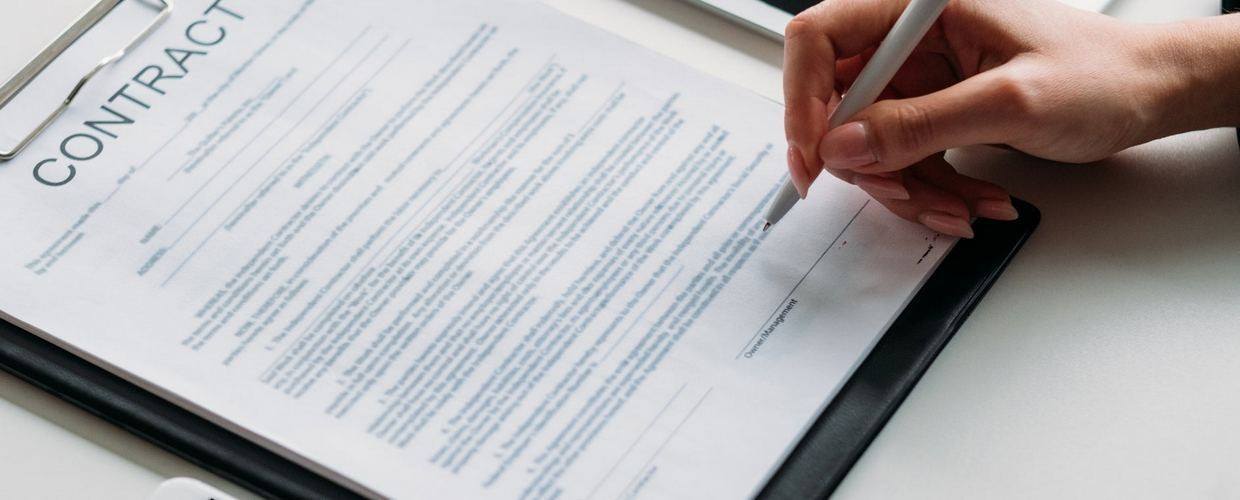We are sure that throughout your time running your wills lawyer business, you have had cause to enter into negotiations with another party. This could be another business, an employee, or a client , for example. In fact, every person, regardless of whether they are running a business or not, has to negotiate multiple times throughout their life, so it is a skill which can benefit everyone.
Unfortunately, it is also a skill that few people possess, and whilst that can create negatives our personal lives, it can have even greater negative consequences in relation to a business. Failing to negotiate a business contract where the terms agreed upon benefit your business as much as possible is not a position any business owner would want to find themselves in.
For that reason we thought it would be worthwhile to give owners of wills lawyer businesses a few tips as to how they can ensure that any business negotiation they enter into concludes with a contract which is to their benefit. Here are 5 of those tips.
Tip #1: Seek Advice And Assistance
This first tip might seem blindingly obvious, but you would be amazed at how many business owners enter into a contract negotiation unprepared and lacking in advice on how to negotiate in order to ensure a satisfactory outcome.
First, you should consider speaking to a commercial or contracts lawyers who has expertise in relation to contract law. In addition you might also want to seek the help of someone who is more knowledgeable in the area that you are negotiating about than you are, This might mean a property expert, an employment expert, or a financial expert.
Tip #2: Control The Proceedings
One of the ways in which many business owners end up with a contract that turns out to be unfavourable to them, is that they allowed the other party to control all aspects of the negotiations. This could include the length of the contract, what sub sections there are, what obligations were placed on each side, and even the locations where the negotiations took place.
It will serve you well to seek to control as much of the process as you can or at least ensure that the other side does not try to control everything at your expense with regards to how the contract is negotiated.
Tip #3: Agree Point By Point
If you have never negotiated a significant business contract before there is a chance that you might feel somewhat overwhelmed. This can be exacerbated if you think of the contract as one huge negotiation and try to agree it in its entirety all at once.
Instead, you want to break the contract down into individual sections and then methodically decide what you want to agree for each one. Then negotiate in that manner so that you are making several agreements with the party as you proceed. You will find this much easier and more likely to produce an equitable outcome.
Tip #4: Take Your Time
Unless there is any legal requirement for you come to an agreement quickly or by an imminent date, there is no need for you to rush the process simply to come to a quick conclusion. This can put you under unnecessary stress and is also more likely to lead to mistakes during the negotiations.
Should the talks hit the occasional impasse, agree to reconvene at a later date to give both sides a chance to consider the contract further. Never, ever agree to something in haste or whilst feeling flustered and under time pressure. That can lead to disaster.
Tip #5: Expect The Unexpected
It is important to know that the other party will want contract negotiations to benefit them, so you should be prepared for anything. They may chuck in the occasional curve ball just to unsettle you but rather than it coming as a surprise you should have already anticipated everything they might throw at you and be ready to counter it. Incidentally, there is nothing to stop you springing the odd surprise yourself in the negotiations, provided it is legitimate and not extreme.

